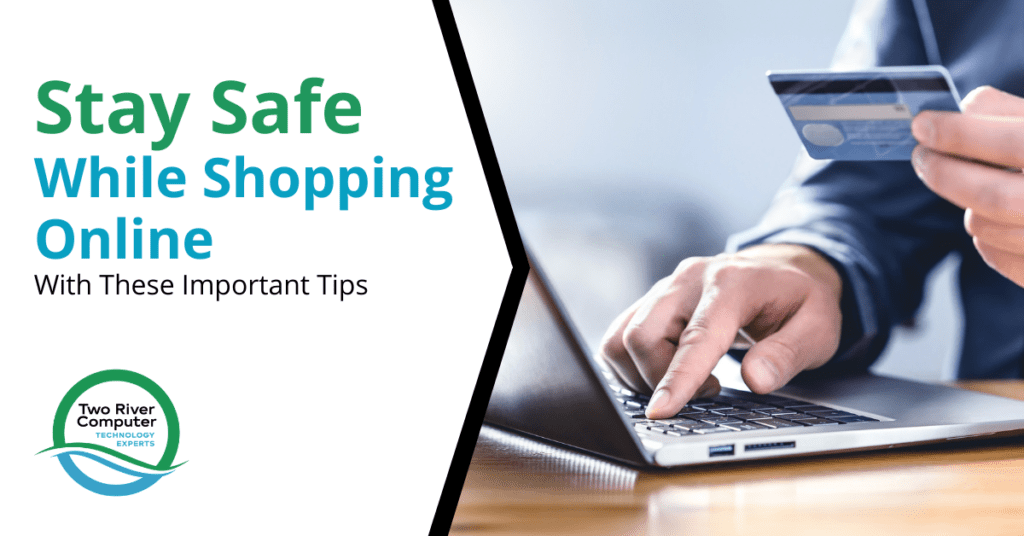
Online shopping has become second nature these days and people often put their credit card details into a website form without thinking twice. This year, e-commerce during the holidays is expected to surge, with nearly 1/3 of all sales projected to happen online this season.
However, if you’re looking forward to start an online business, then by clicking this eCom Babes price here you’ll get some leading results focused education platform teaching women every single day how to start an online boutique without any tech experience, inventory or risky ads. You may also invest in merchant processing services to provide secure and convenient payment methods to your customers.
Online sales are expected to grow 34% this year as compared to last November/December, with COVID-19 being a big reason for the increase. But that’s not the only online activity the pandemic fallout has increased.
According to the FBI, cybercrime has increased 400% since the pandemic began, and it’s showing no signs of slowing down.
This means that shoppers need to be more vigilant than ever and use web protection and other safeguards to keep their personal data protected so they don’t fall victim to identity theft, credit card fraud, or a computer virus.
Following, are several tips for smart and safe online shopping to keep in mind as you’re buying gifts online this year.
Only Buy from Sites & Sellers You Know
Bogus websites quickly pop up during the holiday season to lure shoppers with seemingly impossible deals. Many of these are phishing sites that are designed to steal information you input into a cart, inject a computer with malware, or both.
In 2019, phishing attacks rose by 9.5% during the holiday season.
Protect yourself from these malicious sites by only shopping websites and sellers that you know and can verify as safe. It’s also helpful to use a tool like WebGuardian that can identify and block malicious websites.
Don’t Shop a Site Without the “HTTPS”
There is a big difference between “HTTP” and “HTTPS” at the beginning of a website URL. The “S” signifies that the site has a security certificate on the server, and it encrypts data transmitted through the site. This is also signified by a small lock icon directly to the left of the URL in the address bar.
You should only shop sites with this HTTPS security, because those without it aren’t encrypting data and your card details or other personal information transmitted through a form on the site could easily be compromised.
Use Payment Methods That Don’t Give Your Card Details
The fewer individual retailers that have your payment card details, the less at risk you are of having those details stolen. So, consider using an alternate payment method that doesn’t give your card details to the retailer.
These include payment methods like:
- PayPal
- Apple Pay
- Samsung Pay
- Google Pay
You can also be completely secure by shopping with a pre-paid card that doesn’t have any connection to your bank accounts.
Delete Your Payment Details After You Check Out
Some shoppers don’t immediately delete their payment details from an online account after checking out because they’re afraid it will “mess up” their order. But this isn’t the case. Once you check out and get your receipt, your card has either been authorized or charged, and the retailer no longer needs your card details.
While it can be convenient to leave them saved on sites like Amazon, it’s also more dangerous if a retailer has a data breach that exposes customer information. This has happened recently to companies like Macy’s, Target, and Walgreens.
It’s best to immediately delete your payment details from a site as soon as you complete your order so they’re not being stored in a database that you have no control over.
Don’t Shop When On Public Wi-Fi
Approximately 49.2% of online shopping is done through a mobile device. This can make online shopping riskier, if you’re not paying attention to the Wi-Fi you might be connected to while out and about.
Never shop online or input site passwords or any other sensitive information when you’re connected to a public Wi-Fi. Otherwise, a hacker that’s on the same network could potentially steal your information.
If you want to shop online while away from a secure Wi-Fi, turn off your phone or tablet’s Wi-Fi function, to ensure you’re on your wireless carrier’s connection.
Watch Your Bank Accounts Like a Hawk
One trick that credit card thieves use is to charge small amounts of just $30 or so over time rather than charging large amounts on your card. This often goes unnoticed by consumers in the mix of holiday shopping charges coming through, and it can go on for quite some time.
During the holiday season, you want to watch your bank and credit card accounts like a hawk for any potentially fraudulent charges, including small ones, so you can catch them right away and contact your bank for a new card.
Get Online Peace of Mind with WebGuardian
Two River Computer helps give New Jersey residents peace of mind through our affordable WebGuardian program. It provides important safeguards like WebProtect, and multiple other computer maintenance and safety benefits.
Contact us today to learn more. Call 732-747-0020 or reach us online.


